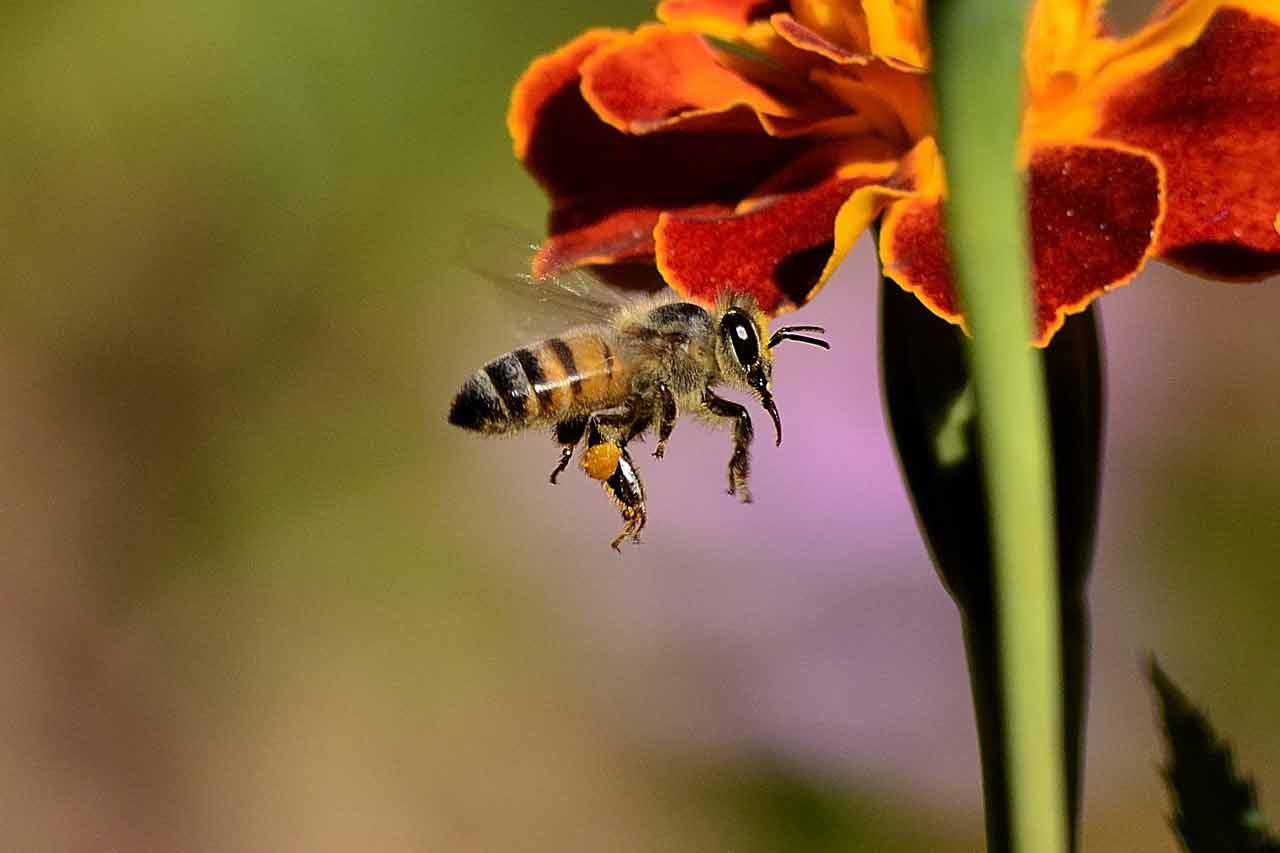A construction worker who died after being stung by a swarm of bees suffered a severe allergic reaction to their venom, a coroner’s court heard yesterday.
Indian national Chinnathambi Jeyam, 45, was working at Changi Air Base (East) when he and two colleagues were attacked by the swarm, which appeared when a crane lifted a pile of logs and branches they had tied up.
One of his colleagues saw detached bee stingers on Mr Chinnathambi’s forehead, left cheek and ear. He complained of giddiness and showed signs of losing consciousness.
Cardiopulmonary resuscitation was performed on Mr Chinnathambi at the airbase medical centre.
An ambulance took him to Changi General Hospital, where he was pulseless. He was pronounced dead at 3.18pm on May 14 this year.
An autopsy showed that Mr Chinnathambi died from anaphylaxis – a severe allergic reaction that the body mounts in response to the discovery of a foreign body such as food or insect venom.
State Coroner Marvin Bay, who found Mr Chinnathambi’s death to be an unfortunate misadventure, said his allergy to bee sting venom was not detected when he went for medical screening in September last year.
He said there was no basis to suspect foul play. None of the workers at the scene appeared to be aware of the presence of the bees in the pile of branches.
He added: “Deaths from allergic reactions to bee stings are an occasional, but real hazard.”
A pest control worker died after he was attacked by bees in Sherwood Road in November 2013.
“Discretion is the best policy, and people should give a wide berth to hives and swarms of bees and other stinging insects,” said the coroner.
“This is because most individuals will not be aware if their immune system will react to induce a fatal or debilitating anaphylactic shock if they are stung.”

This article was first published on Oct 29, 2016.
Get a copy of The Straits Times or go to straitstimes.com for more stories.






